How a Disability Can Make Your Worklife Difficult
Assumption of Incompetence
One of the most common difficulties disabled individuals experience in the workplace is the assumption by employers that they're incapable of taking on tasks and roles. It can be very demoralizing and prevents their skills from being showcased. Not using all your skills makes it hard to progress in any career.
Receive Lower Pay
Despite social security law making it unlawful for someone to be paid less because of a disability, many disabled individuals receive lower pay than those without disabilities. This can be due to them being taken advantage of or the employer not seeing their worth. Inadequate pay can lead to financial difficulty and a lack of motivation, both in and out of work.
Lack of Accommodations
Another difficulty that disabled individuals face at work is the lack of accommodation they have access to. According to social security law, employers must provide reasonable accommodations to disabled individuals for them to do their job. However, this isn't always the case, and sometimes the necessary accommodations are not provided, making it difficult to complete tasks, relieve themselves, or even get to work. A disabled person may need a wheelchair ramp or an accessible room but not have access.
Assumptions About Intellect
Depending on the disability, some employers may make incorrect assumptions about the worker's intellect. For example, if someone has a learning disability, they may be seen as unable to do the same tasks as someone without a learning disability, even though they may have the skills and knowledge. Such a person may be able to do the same job but need fewer distractions or more time to complete tasks. This can be a difficult obstacle to overcome in a workplace where socializing, or constant chitchat is part of the work culture.
Superficial Company Image
While advertising has done a better job of showcasing more people with disabilities, there is still a lack of representation in the workplace. This absence may be because employers are focused more on their company image and think that having a disabled person on staff may not be good for their public image. Unfortunately, this means more discrimination and less opportunity for those with disabilities. They may have a preference for age, height, weight, style, etc., so a physically disabled person may not fit the image they want. This preference can make it an uphill battle for a disabled person to get a job or feel included after hiring.
Colleague Discrimination
Supervisors and managers are not the only ones capable of discrimination. Often, disabled people can experience workplace discrimination from colleagues. If the work culture has cliques, they often don't want to include disabled people and leave them out of the group. If the person has a hard time connecting with coworkers, it can create stress and take away from their productivity.
Increased Stress Levels
The social security law is clear that employers should treat disabled individuals with respect, but this doesn't always happen. Unwanted attention or comments from colleagues can cause stress and anxiety for disabled people, making it difficult to concentrate on work. Some disabilities, like Autism Spectrum Disorder, can mean that the individual is more sensitive to stress, making it even harder for them to keep up with their duties. Added stress or anxiety can lead to a decrease in productivity and performance, as well as an increase in mental health issues.
According to the Social Security Administration, one in four of today's 20-year-olds can expect to be out of work for at least a year because of a disabling condition before they reach retirement age. This alarming statistic highlights how difficult it can be for disabled people to stay employed. With the lack of accommodation, assumptions about capability, superficial company image, unwanted attention from colleagues, and higher stress levels that come with a disability, a mentally or physically challenged person may have a tough battle in the working world. Contact The Law Offices of Eric R. Hunt, so we can make sure you understand social security law for your protection and financial benefit.











